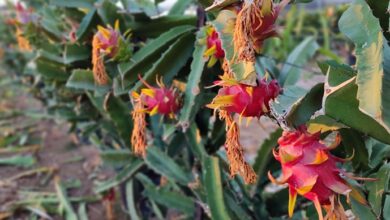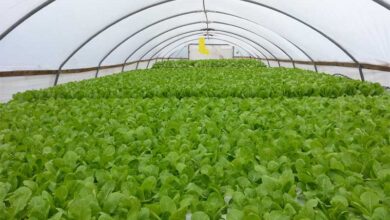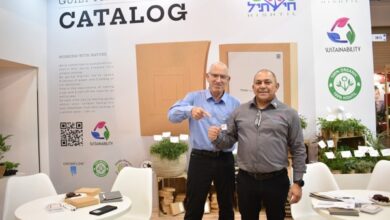Hishtil’s Path to Carbon Footprint Reduction
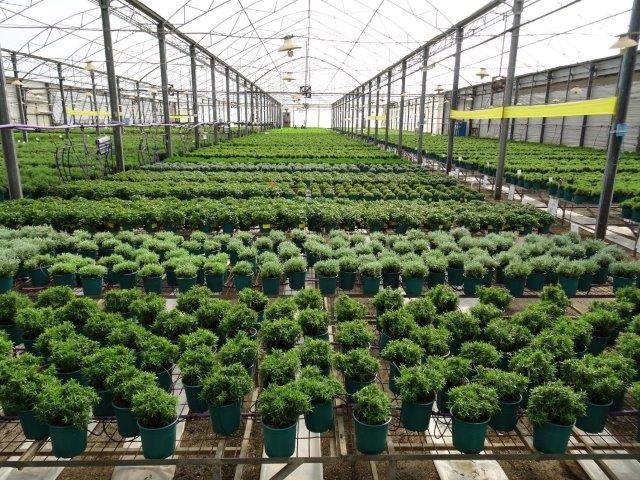
Hishtil's mother stock nursery in 'Gderot'
Hishtil’s Green Vision
Hishtil, a leading global nursery firm, is committed to providing innovative horticultural solutions to enhance food quality and the environment.
Currently, one of the most important issues multinational companies face is the pressure to reduce their carbon footprint. Hishtil embraces this goal as they believe sustainability is the only way forward. Below are the measures Hishtil has taken to make meaningful progress in this direction.

Digital Transformation
Hishtil’s new eco-friendly digital catalog
One of the first major changes was transitioning from print to digital media. For instance, Switching from printed Catalogs to a new eco-friendly Digital Catalog. Transition to a digital catalog is only one step in Hishtil’s overall shift towards reducing waste and energy consumption. In addition, switching from printed media to online advertising, increased activity on social networks and email marketing campaigns, bringing the use of paper down to the bare minimum.
In the words of Haim Rosenblum, the company’s Marketing Manager, “We use print only when absolutely necessary and then only on recycled paper. Every action counts.”
Using Alternative and less polluting energy sources
Hishtil has made significant strides in improving energy use, starting with alternative energy sources and reducing emissions. Hishtil’s nursery in Ashkelon switched from fuel oil to natural gas heating, resulting in substantial fuel savings.
Another measure that was installed in the last two years at this site were solar energy panels on the roofs of the warehouses and other structures, it generates almost enough electricity to power all of the nurseries dispersed facilities.
The Afula nursery switched to heating its greenhouses with hot water from a neighboring factory, which is then re-circulated. This process results in double savings—Hishtil does not need to consume new energy for heating, and the plant next door saves on the energy required to cool the water. The best part is that these enormous savings in fuel came at nearly zero cost!
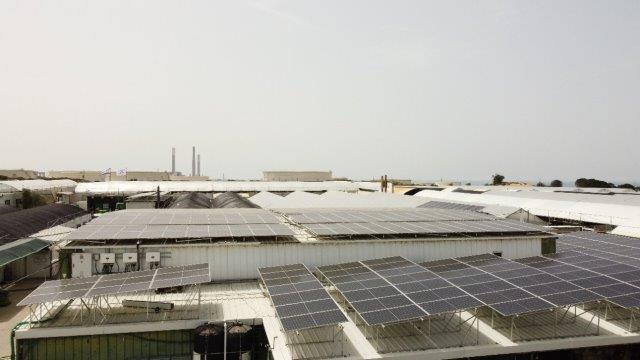
Solar Energy Panels at Ashkelon nursey
Other innovations include transitioning from diesel to electric power for tray washing and disinfection machines and installing a smart climate control system that optimizes energy use. Additionally, Hishtil has adopted electric forklifts, energy-efficient air blowers, and hybrid or electric vehicles for its fleet.
Water Treatment and Recycling
Water conservation is a critical aspect of Hishtil’s sustainability strategy. The company implemented a sub-irrigation system helping to preserve the environment and resources by saving on water usage and nutrient consumption, enhancing plant health and lowering the risk of diseases or disease outbreaks, minimizing runoff below the tray and saving up to 60% of water. Additionally, we are reducing rinsing and minimize runoff to groundwater, as well as installing reverse osmosis systems combining a marble column, which contributes to chemical stabilization and homogeneity of the water.”
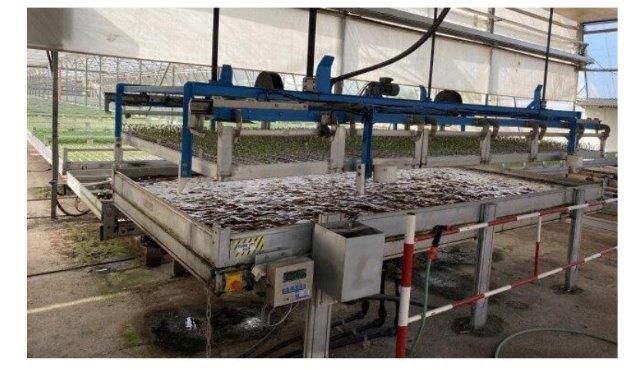
An automated sub-irrigation system in Ashkelon
Reducing Pesticide Use

Dehumidifier air dryer at Gderot Nursery
To minimize pesticide use, Hishtil has invested in climate control systems and air dryers that help regulate relative humidity, reducing the risk of contamination and the need for pesticides. The use of sub-irrigation devices also lowers the risk of pathogen infestations. Organic growth protocols, combined with the use of beneficial insects, further reduce the reliance on harmful chemicals. Hishtil’s proprietary organic vegetable grafted product line, helps minimize the use of soil disinfection chemicals because grafting plants are more tolerant to soil diseases.

Biological pest control
Eco Friendly Packaging
One of Hishtil’s most impactful changes has been transitioning to eco-friendly packaging. The company now uses recycled and recyclable materials for planting pots and trays, replacing non-recyclable styrofoam. This shift saves hundreds of tons of crude oil annually.
Hishtil also transitioned from packaging in cartons to using carriers and cages that are transported back to back from the customers for repeated use.

Hishtil’s sustainability logo is used for labelling products
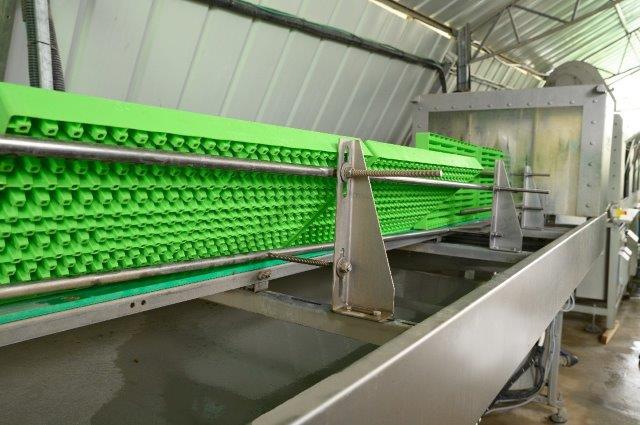
Limex rinsing and disinfecting machine, designed for repeated cleaning of plastic trays
Even the packaging materials used in trade shows for transportation, delivery, and display of products, are all biodegradable, recycled, recyclable, or reusable.
Haim explains, “Hishtil is committed to Environmental Social Governance policy, reflecting a comprehensive approach to sustainability, emphasizing recycled packaging materials and production means.”
Helping Customers Confront Climate Change
Global warming has led to desertification, extreme weather conditions, and natural disasters, prompting Hishtil to focus on products resilient to these changes. As a global leader in the propagation of herbs, vegetables and plants for the Hobby market, Hishtil continuously develops innovative horticultural solutions to meet customers’ evolving needs with a commitment to a greener future. Notable examples include the Durabello series and grafted plants that are suitable for cultivation under arid conditions.
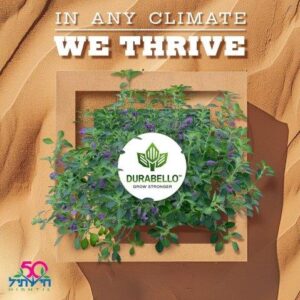
The growing demand for durable plants worldwide, Hishtil has created the Durabello™ series, with high tolerance to temperature & drought stress.
Landscape Rehabilitation
Infrastructure development often damages the natural landscape, but Hishtil has made it a priority to restore and rehabilitate affected areas. Careful planning ensures that natural vegetation and wildlife are preserved. Greenery lining roadsides incorporates systems that reduce runoff, store water in the ground, and minimize evaporation.
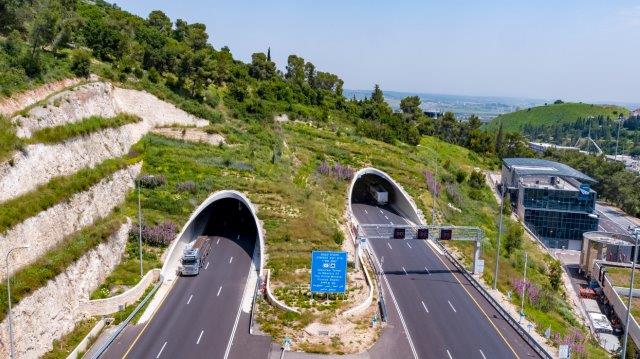
Hishtil landscape rehabilitation project on Highway 1
Conclusion: A Commitment to a greener future
Hishtil’s journey toward sustainability has already yielded impressive results. Through innovative energy use, water conservation, eco-friendly Catalog, and a commitment to reducing pesticides, the company is not only reducing its carbon footprint but also setting an example for the entire agro-industry. Hishtil’s efforts reflect a holistic approach to sustainability that spans all areas of its operations, from production and packaging to transportation and marketing.
Hishtil is not only addressing the immediate challenges of sustainable horticultural but hopes to pave the way and inspire other industry partners to follow this path for a greener future in the agricultural production.

